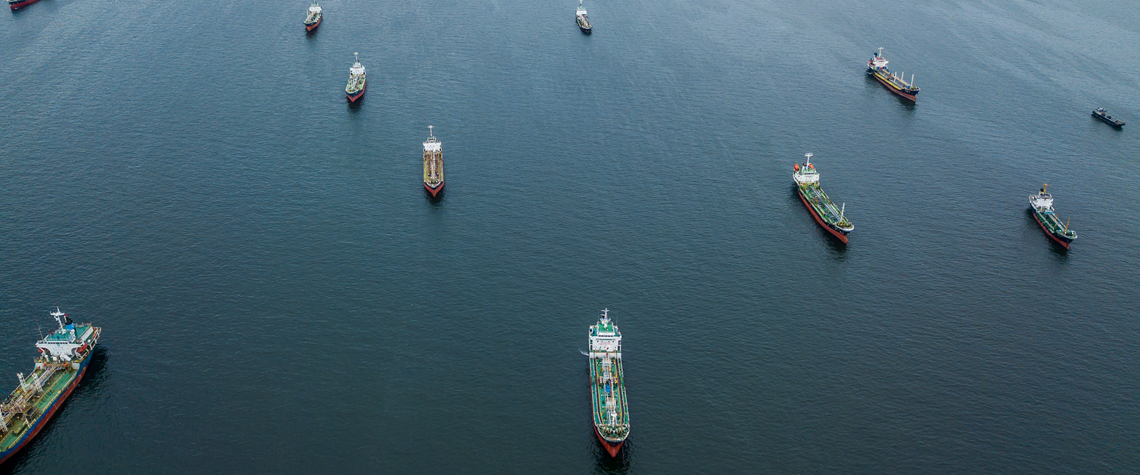Market vagaries may still buffet merging tanker heavyweights
Frontline-Euronav deal will create one of the world’s largest tanker fleets, but price-setting power may remain outside the combination’s reach
The merger of New York-listed shipowners Euronav and Frontline will create one of the world’s largest privately-owned tanker fleets and the biggest in the very large crude carrier (VLCC) and Suezmax sectors. Shareholders from both companies have approved the deal, which will combine the shipowners under the name Frontline. Euronav and Frontline’s shareholders will own around 59pc and 41pc respectively of the new company, which will have a market cap of c.$4.2bn. The merger “would establish a market leader” in the tanker sector, says Frontline CEO John Fredriksen, as well as bring “significant synergies... and increase fleet utilisation”. The combined fleet will comprise 67 VLCCs, two of the

Also in this section
24 April 2024
But even planned exploration activity is unlikely to reverse declining output from mature fields
23 April 2024
Cheaper Russian barrels and lower overall crude prices have helped cut key oil consumer’s import bills in election year
22 April 2024
Pursuing three different goals as part of the same package may mean achieving none of them
22 April 2024
Beijing’s renewed targeting of NOC management could threaten investment







